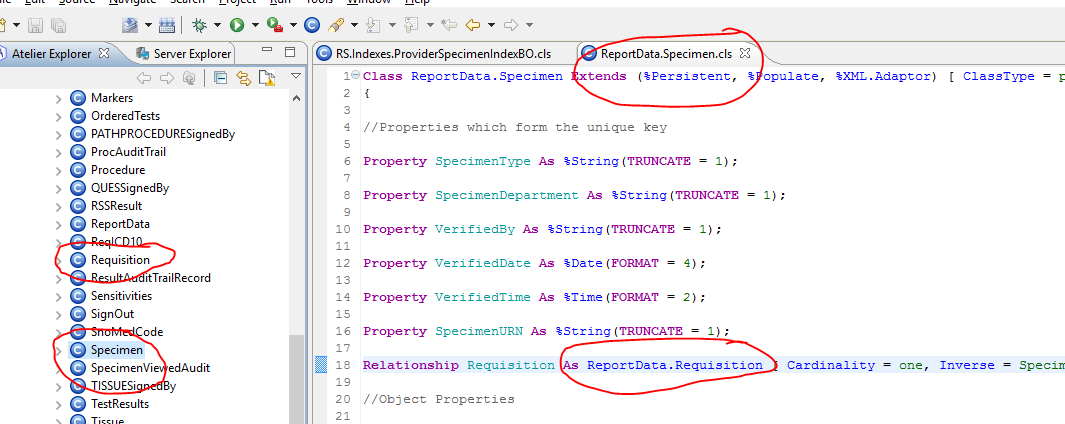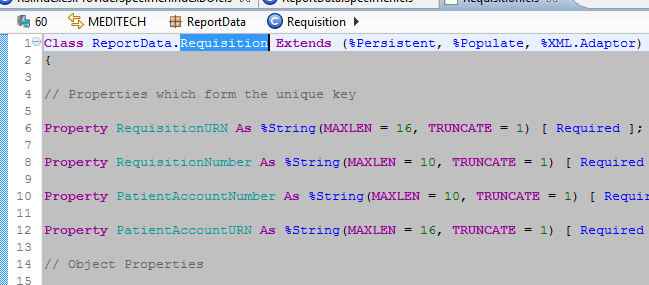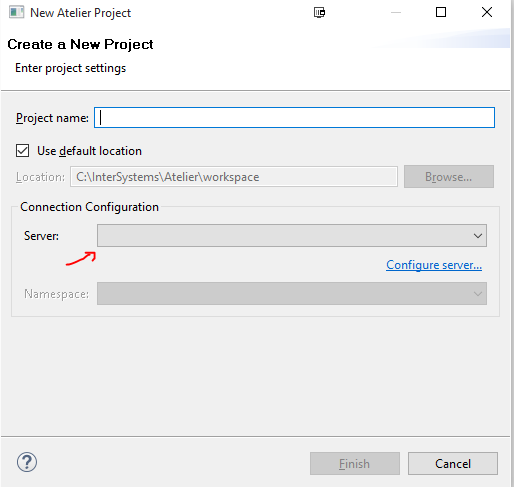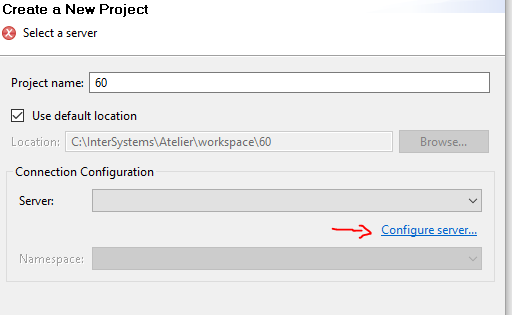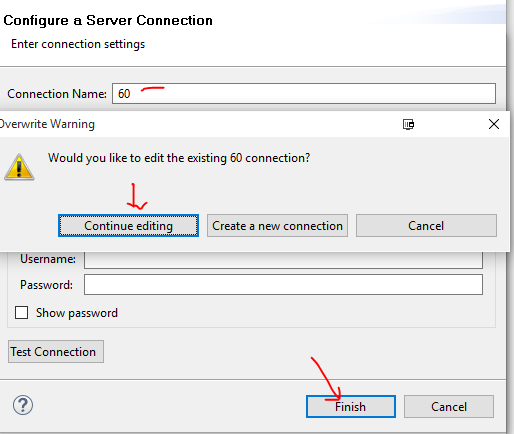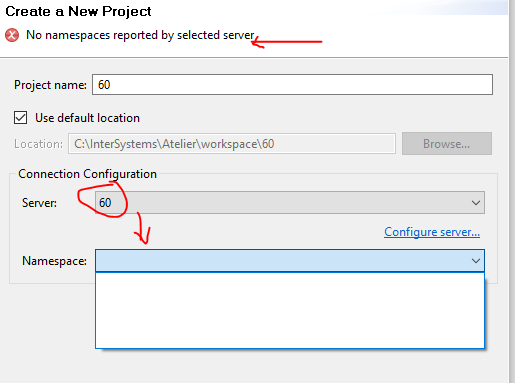Would it be possible to run something like "iris session IRIS < iris.script > /opt/irisapp/logs/build.log 2>&1"
when the container starts?
I'm trying to find a way to create a database (in a durable volume), namespace, web app etc if it does not exist.
- Log in to post comments
.png)
.png)
.png)
